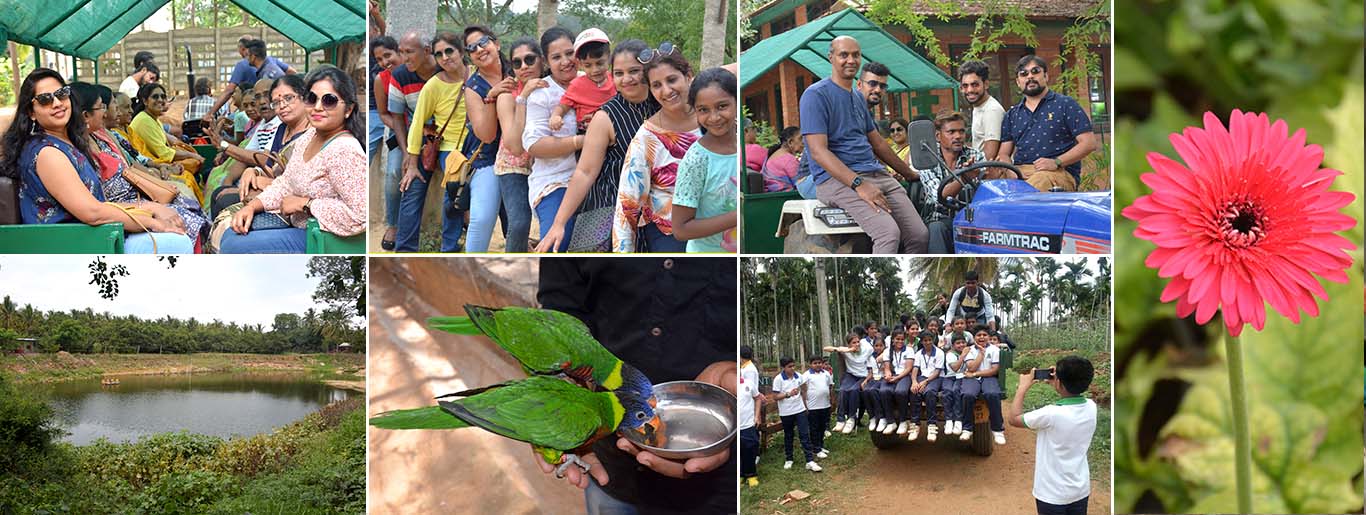Completion requirements
View

Definition: Agritourism is a commercial business at a working farm or agricultural operation conducted for the enjoyment of visitors that generates supplemental income for the owner. (www.agritourismsa.org)
Examples of Agritourism in SA
- Educational services provided by farmers e.g. bread making; cheese making; olive picking
- Nature reserve on farmers land
- Accommodation/Camping Fields
- Activities e.g. Hiking, Cycling; Fishing
- Farm Animal Touch Farms
- Game Farms
- Direct sales to tourists of produce
- Historic farms (cultural experiences)
The Benefits of Sustainable Agritourism
- Provides additional income
- Appreciates in value
- Efficiently uses underutilized resources
- Preserves farmland
- Share agricultural heritage and rural lifestyle with visitors
- Maintains family attention and interest
- Provides an opportunity to meet people
- Provides a chance to play a role in community activities
- Promotes the agriculture industry
Click here to view a video that explains the agritourism in South Africa
Responsible Environmental and Business Practices in Agritourism
Waste Management:
- Biodegradable detergents
- Green waste is compensated
- Recycling measures for waste
Water Management:
- Water saving fittings e.g. aerators that are fitted to taps
- Grey water that is re-used for the garden
- Reduced flush cisterns in toilets
- Jugs of water rather than bottled water
Responsible business practice:
- On-the-job training or Skills development plan
- Staff employed from local communities
- Support for local community initiatives
- Support for local producers
Energy Management:
- Lights are switched off when not in use
- Energy saving light bulbs are used
- Solar/wind or heat pump
Click here to open the resources that contains information about waste management.